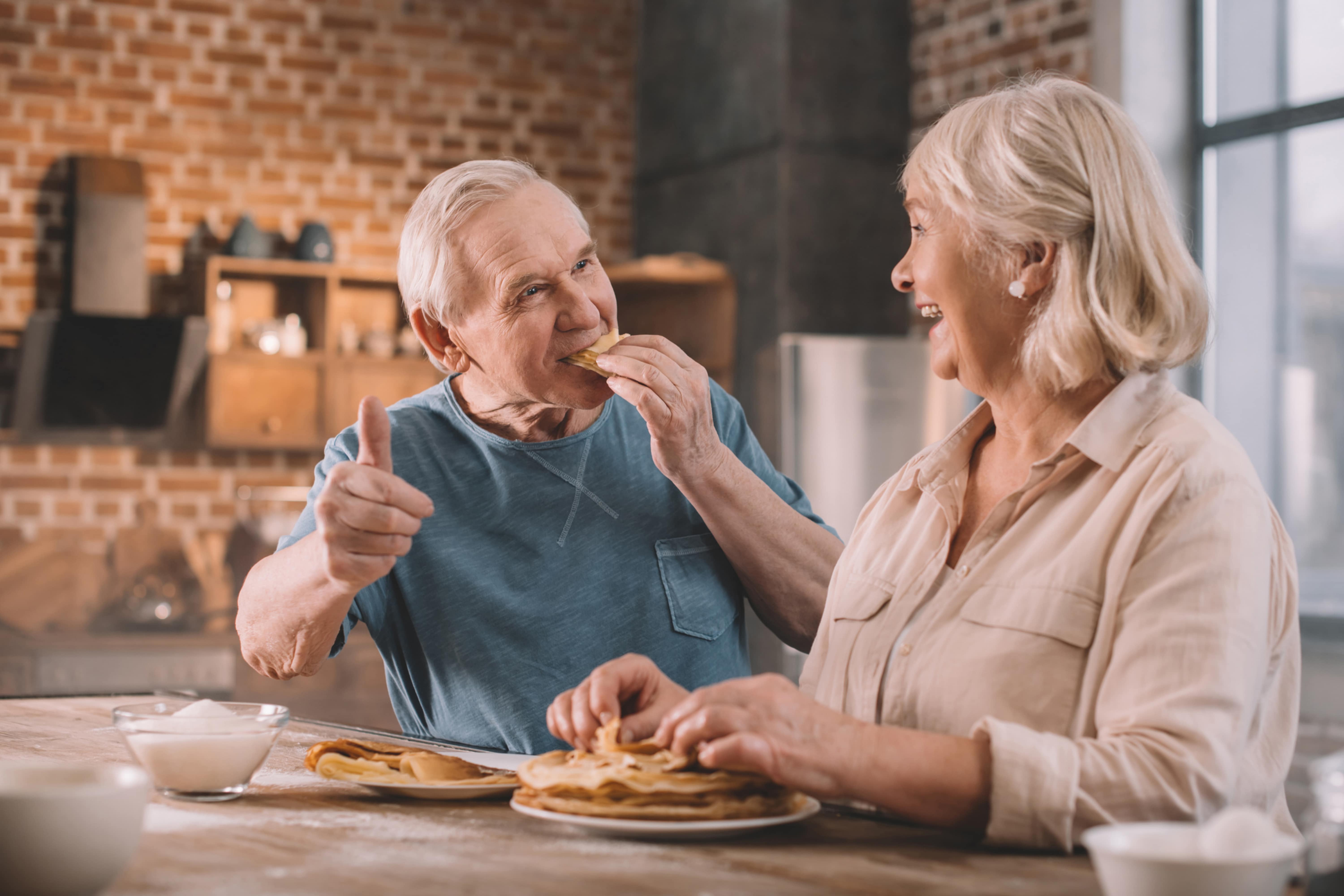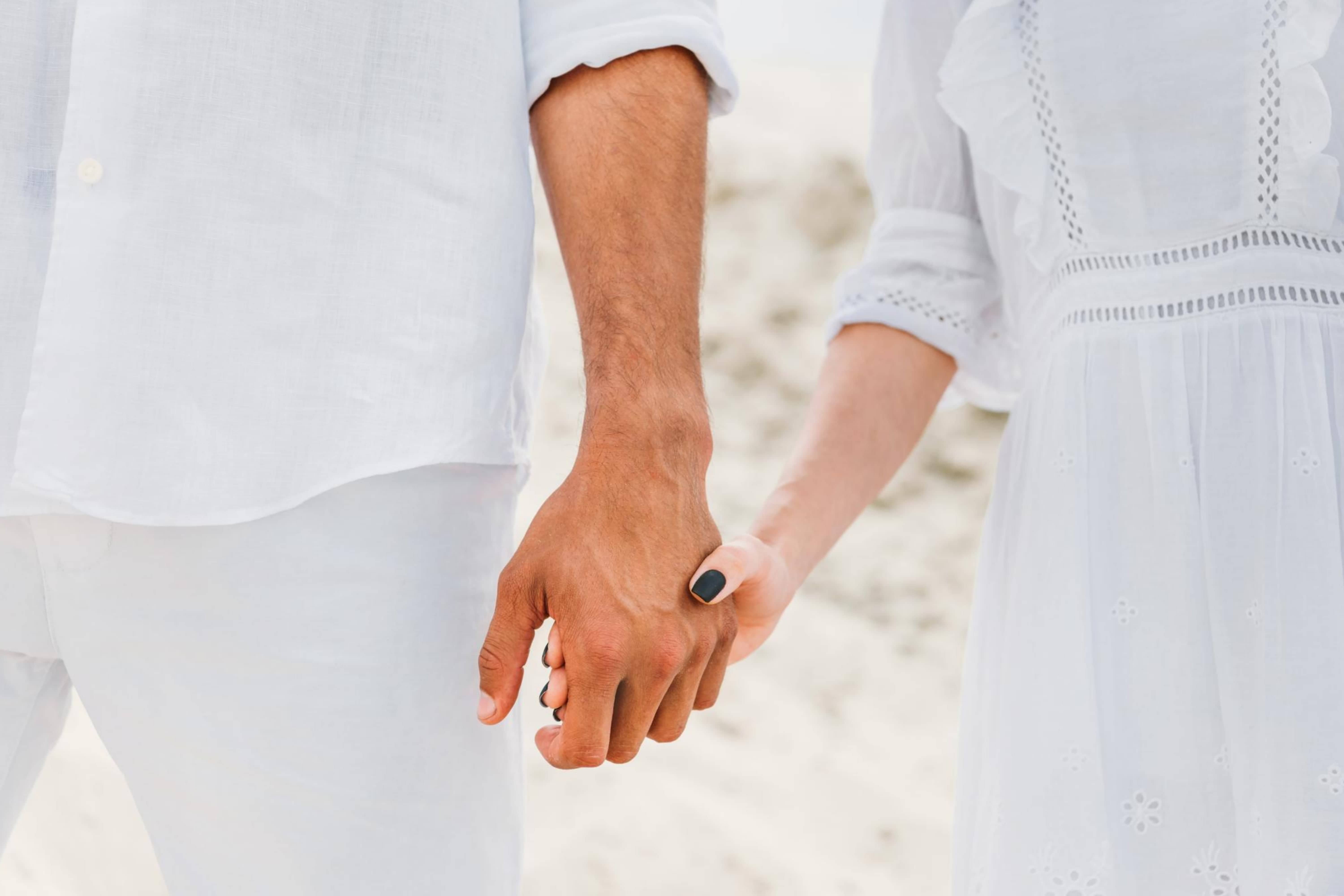Independence in a relationship is like the salt in a dish; too little of it can make things bland, while too much can ruin the overall flavor. It’s about maintaining a balance. Independence is not about distancing yourself from your partner but preserving your unique identity while being part of a pair.
In a healthy relationship, both partners feel free to pursue their interests, cultivate their own friendships, and grow as individuals.
Yet, they’re still very much a part of each other’s lives, providing mutual support, affection, and companionship.
But how does one maintain that perfect balance of individuality and togetherness?
Let’s delve into six effective strategies that can help you sustain your independence in a relationship.
1. Prioritize Personal Growth
Personal growth should not halt when you enter a relationship. This is your life, after all, and personal growth is a lifelong journey. Relationships should encourage you to become the best version of yourself, not hinder that process.
Setting individual goals and taking the time to invest in yourself and your interests can help maintain your independence. Take up a new hobby, improve your skills, or focus on self-improvement.
You’ll find that not only does this enhance your individuality, but it also enriches your relationship by adding depth and interesting new layers.

2. Establish Healthy Boundaries
Boundaries in a relationship can often be misunderstood as barriers, but this couldn’t be further from the truth. According to an article published in the Journal of Social and Personal Relationships, healthy boundaries are an essential part of maintaining independence in a relationship.
Defining your own space physically, emotionally, and virtually ensures that your individuality is respected. It might be about having some alone time, or about handling finances, or even about your digital privacy.
Having an open conversation about these boundaries can help build mutual respect and understanding in a relationship.

3. Cultivate a Social Circle Outside the Relationship
While spending time with your significant other is wonderful, maintaining social connections outside of the relationship is equally crucial. Friendships provide a sense of belonging and mutual support system that complements your romantic relationship.
Strengthening bonds with family and friends, attending social events independently, or engaging in group activities can add richness to your life. They can provide fresh perspectives, different conversations, and even an outlet for things that you might not share with your partner.
This not only fosters your individuality but also brings a refreshing dynamic to your relationship.
4. Encourage Each Other’s Interests
In a relationship, it’s common for partners to share interests. But what about the interests you don’t share? A critical aspect of maintaining independence in a relationship is not only respecting your partner’s individual interests but also actively encouraging them.
You may not share your partner’s enthusiasm for trail running, for instance, but by being supportive, you validate their individuality. This fosters a sense of mutual respect and understanding, which helps maintain a balanced relationship.

5. Maintain Financial Autonomy
Financial autonomy can significantly impact your sense of independence in a relationship. Having control over your personal finances and contributing equitably to shared expenses can foster a feeling of empowerment and independence.
Start by having an open discussion about finances with your partner. Agree upon shared expenses and savings, but also ensure that you both have an individual budget to spend as you please.
This strategy can help prevent financial disputes and maintain a sense of individuality in your relationship.
6. Communicate Openly and Honestly
Open and honest communication is the cornerstone of any healthy relationship. When it comes to maintaining independence, your ability to express your needs, wants, and feelings is crucial.
It’s important to communicate your desire for independence and discuss what it means to you. This helps to ensure your partner understands your needs, thus avoiding misunderstandings and conflicts. Regularly checking in with each other can further promote a sense of mutual respect and support for each other’s independence.
However, it’s important to note that relationships are not strictly one or the other. They often involve elements of both independence and co-dependence. The key is to recognize when the scales tip too far towards co-dependence and take steps to regain balance.
This could involve setting personal boundaries, pursuing individual interests, and ensuring open communication about your needs and desires. In the comparative chart below, you can see what independence in relationships means, and how it differs from co-dependence:
[table id=207 /]
Maintaining your independence in a relationship is all about balance. It’s about having the freedom to be yourself and to grow as an individual while also growing together as a couple.
So, prioritize personal growth, establish healthy boundaries, cultivate a social circle outside the relationship, encourage each other’s interests, maintain financial autonomy, and communicate openly and honestly.
Remember, independence in a relationship isn’t about being separate but about being able to be yourself within the relationship.

Conclusion
In conclusion, while independence and co-dependence in relationships might seem like opposites, they are, in fact, two extremes of a spectrum. A healthy relationship tends to incorporate elements from both ends, ensuring that individual identities are maintained while also fostering a deep sense of connection and intimacy.
By understanding these dynamics, we can strive for a balanced, fulfilling relationship that promotes both personal growth and mutual love and respect. The key lies in recognizing our needs, setting boundaries, encouraging each other’s individuality, and communicating openly and honestly.
After all, in the beautiful dance of love, we want to be two unique individuals moving harmoniously together, not losing ourselves in the music.

[wp-faq-schema title=”Frequently Asked Questions”]
